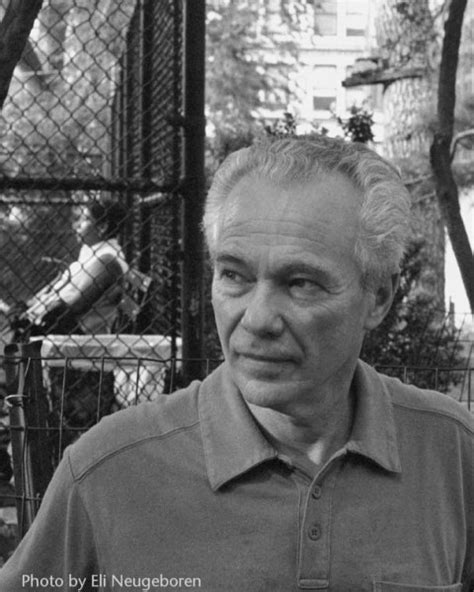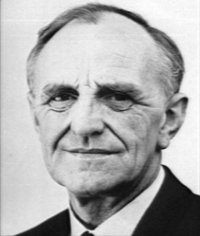A Quote by Edward Bulwer-Lytton, 1st Baron Lytton
As the films of clay are removed from our eyes, Death loses the false aspect of the spectre, and we fall at last into its arms as a wearied child upon the bosom of its mother.
Related Quotes
I don't know why Alzheimer's was allowed to steal so much of my father before releasing him into the arms of death. But I know that at his last moment, when he opened his eyes, eyes that had not opened for many, many days, and looked at my mother, he showed us that neither disease nor death can conquer love.
My father never feared death. He never saw it as an ending. I don't know why Alzheimer's was allowed to steal so much of my father before releasing him into the arms of death. But I know that at his last moment, when he opened his eyes - - eyes that had not opened for many, many days - - and looked at my mother, he showed us that neither disease nor death can conquer love.
It is a view of God that compensates every thing else, and enables the soul to rest in His bosom. How, when the child in the night screams with terror, hearing sounds that it knows not of, is that child comforted and put to rest? Is it by a philosophical explanation that the sounds were made by the rats in the partition? Is it by imparting entomological knowledge? No; it is by the mother taking the child in her lap, and singing sweetly to it, and rocking it. And the child thinks nothing of the explanation, but only of the mother.
Let's talk of graves, of worms, and epitaphs; Make dust our paper, and with rainy eyes Write sorrow on the bosom of the earth.... [W]hat can we bequeath, Save our deposed bodies to the ground?... [N]othing can we call our own, but death... [L]et us sit upon the ground, And tell sad stories of the death of kings: - How some have been depos'd, some slain in war; Some haunted by the ghosts they have depos'd.
Upon the shoulders of you mothers rests; in a great measure, the responsibility of correctly developing the mental and moral powers of the rising generation...I have often said it is the mother who forms the mind of the child. Take men anywhere, at sea, sinking with their ship, dying in battle, lying down in death almost under any circumstances, and the last thing they think if, the last word they say is "mother." Such is the influence of woman.
In a world full of war, famine, oppression, deceit, monotony, what—apart from the eternal innocence of animals—offers an image of hope? A mother with a newborn child in her arms? The child may end up as a murderer or a murder victim, so that the hopeful image is a prefiguration of a pietà: a mother with her newly dead child on her lap.
The mother gazes at the baby in her arms, and the baby gazes at his mother's face and finds himself therein... provided that the mother is really looking at the unique, small, helpless being and not projecting her own expectations, fears, and plans for the child. In that case, the child would find not himself in his mother's face, but rather the mother's own projections. This child would remain without a mirror, and for the rest of his life would be seeking this mirror in vain.
You often hear attacks on international adoption as robbing a child of his or her culture, and that's both true and false. It's true that an internationally adopted child loses the rich background of history and religion and culture and language that the child was born into, but the cruel fact is that most children don't have access to the local, beautiful culture within an orphanage.



































